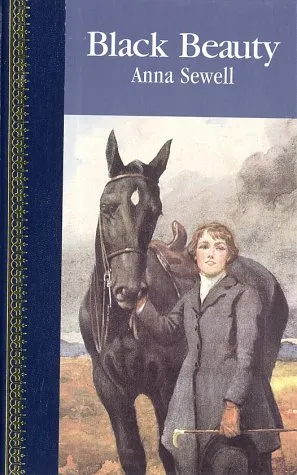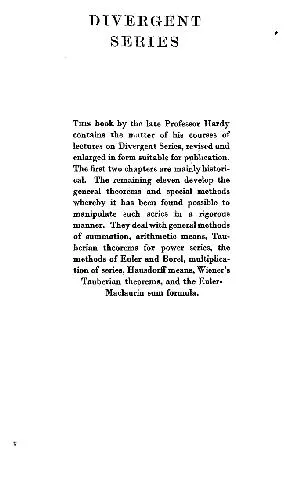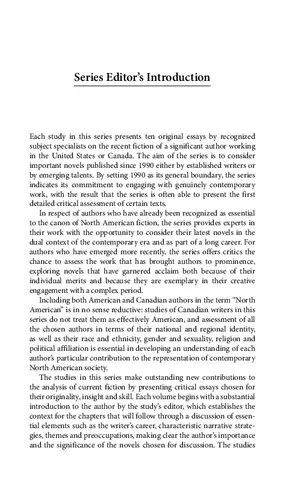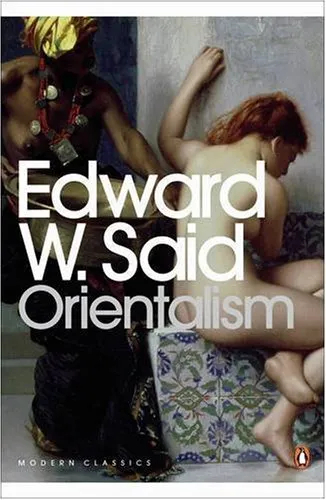Never Let Me Go
4.3
Reviews from our users

You Can Ask your questions from this book's AI after Login
Each download or ask from book AI costs 2 points. To earn more free points, please visit the Points Guide Page and complete some valuable actions.Related Refrences:
Introduction to "Never Let Me Go"
Published in 2005, "Never Let Me Go" by Kazuo Ishiguro is a dystopian science fiction novel that explores the ethical dimensions of human cloning and the nature of humanity through the lives of three main characters: Kathy, Tommy, and Ruth. Ishiguro masterfully uses a narrative style that blends elements of nostalgia and a sense of foreboding, encapsulating the complexities of friendship, love, and morality.
Detailed Summary of the Book
"Never Let Me Go" follows the life of Kathy H., who recounts her experiences growing up at Hailsham, a seemingly idyllic and secluded English boarding school. The students of Hailsham are raised apart from society, where they are constantly reminded of their special purpose in life, though the details of this purpose remain shrouded in mystery during their education.
As the story unfolds, readers learn that Kathy, Tommy, and Ruth are clones, bred expressly to become organ donors for the "real" people in society. Kathy's narrative moves seamlessly between her time at Hailsham, her teenage years at the Cottages, and her experiences as a carer in her adult life. Throughout these phases, the characters grapple with their identities, the limitations placed upon them, and what it truly means to live life fully, even with a predetermined destiny.
The revelation of their role in society and the nuances of their emotional development spark broad questions about the essence of humanity and the value of life. Through this poignant narrative exploring friendship, love, and betrayal, Ishiguro challenges the reader to reflect on what it means to be human and the moral implications of scientific advancements.
Key Takeaways
- The Ethical Dilemmas of Cloning: "Never Let Me Go" raises crucial ethical questions about cloning and the moral responsibilities of creating life for the purposes of organ donation.
- Human Connection: The narrative emphasizes the power of friendship, love, and memory, showing how these connections define us, despite the limitations imposed on us by society.
- Acceptance of Fate: The characters’ gradual acceptance of their predetermined roles highlights the human tendency to seek meaning and purpose despite adverse circumstances.
Famous Quotes from the Book
"Memories, even your most precious ones, fade surprisingly quickly. But I don’t go along with that. The memories I value most, I don’t ever see them fading."
"The problem, as I see it, is that you've been told, and not told. You've been told but none of you really understand, and I dare say, some people are quite happy to leave it that way."
Why This Book Matters
"Never Let Me Go" holds a significant place in contemporary literature due to its profound exploration of what it means to be human in a rapidly advancing technological world. Kazuo Ishiguro's narrative invites readers to engage with complex moral questions about cloning and medical ethics, urging them to consider the cost of progress versus the sanctity of human life.
The book's poignant depiction of love, loss, and acceptance connects deeply with readers, prompting introspection about personal values, the nature of identity, and the societal constructs that govern our lives. Furthermore, the novel has been adapted into a critically acclaimed film, extending its reach and influence beyond the literary world.
Overall, "Never Let Me Go" is not just a reflection on a dystopian future but a meditation on humanity itself, making it a compelling read that resonates with audiences long after the final page is turned.
Free Direct Download
You Can Download this book after Login
Accessing books through legal platforms and public libraries not only supports the rights of authors and publishers but also contributes to the sustainability of reading culture. Before downloading, please take a moment to consider these options.
Find this book on other platforms:
WorldCat helps you find books in libraries worldwide.
See ratings, reviews, and discussions on Goodreads.
Find and buy rare or used books on AbeBooks.
1598
بازدید4.3
امتیاز0
نظر98%
رضایتReviews:
4.3
Based on 0 users review
Questions & Answers
Ask questions about this book or help others by answering
No questions yet. Be the first to ask!














